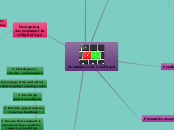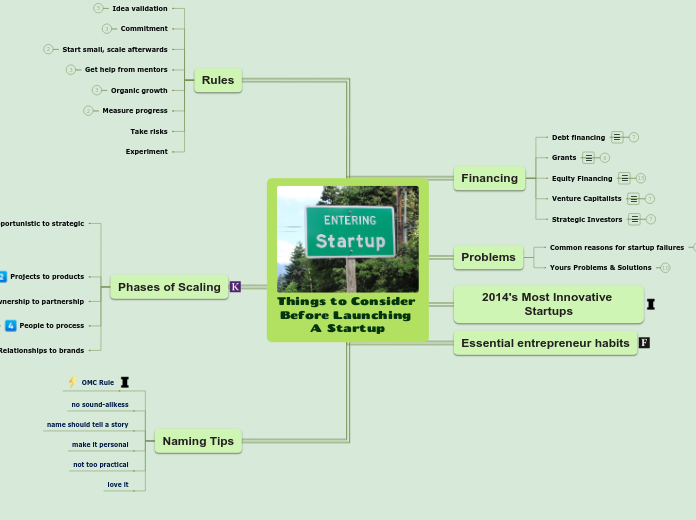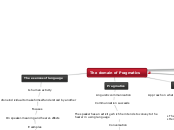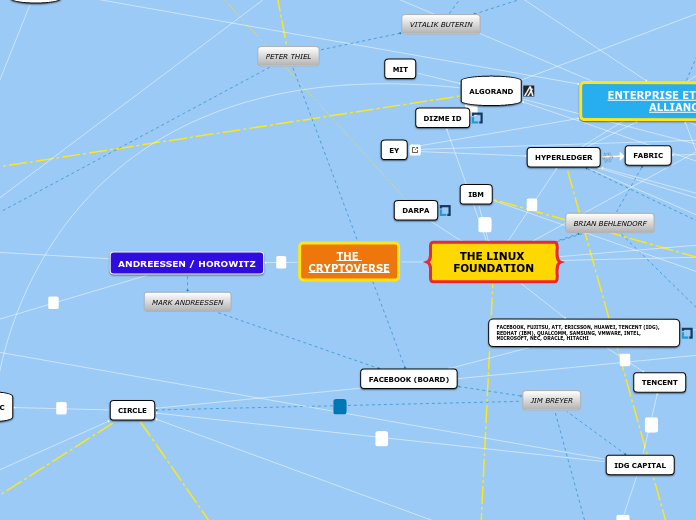av Angie Pineda för 9 årar sedan
401
Assessment and Feedback
In the modern educational landscape, the integration of technology with assessment and feedback is pivotal. Embracing digital tools can foster a more authentic and immediate learning experience, enhancing both dialogue and communication between learners and educators.









